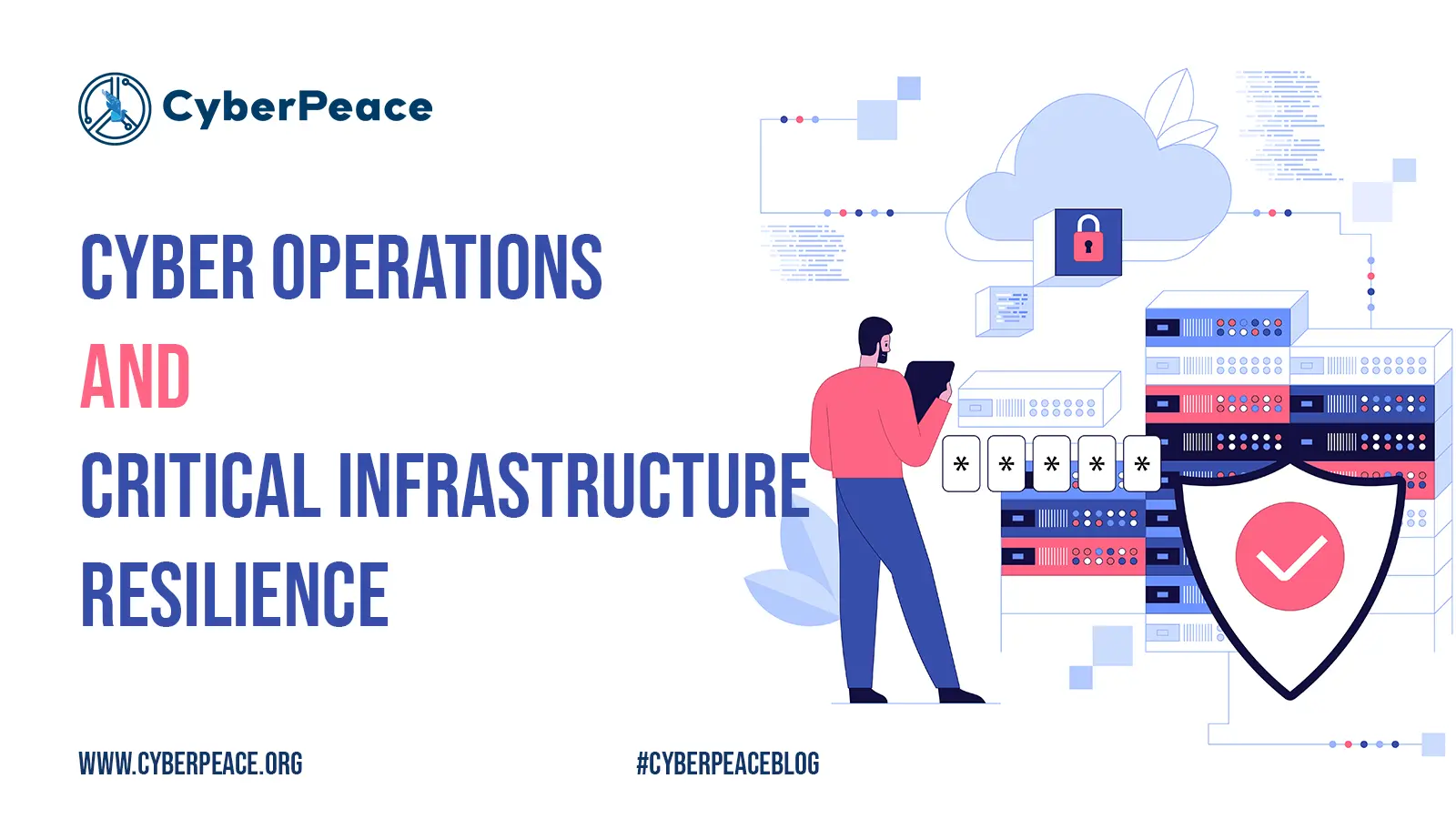Alterations in Personal Data Protection Bill
Introduction
The appeal is to be heard by the TDSAT (telecommunication dispute settlement & appellate tribunal) regarding several changes under Digital personal data protection. The Changes should be a removal of the deemed consent, a change in appellate mechanism, No change in delegation legislation, and under data breach. And there are some following other changes in the bill, and the digital personal data protection bill 2023 will now provide a negative list of countries that cannot transfer the data.
New Version of the DPDP Bill
The Digital Personal Data Protection Bill has a new version. There are three major changes in the 2022 draft of the digital personal data protection bill. The changes are as follows: The new version proposes changes that there shall be no deemed consent under the bill and that the personal data processing should be for limited uses only. By giving the deemed consent, there shall be consent for the processing of data for any purposes. That is why there shall be no deemed consent.
- In the interest of the sovereignty
- The integrity of India and the National Security
- For the issue of subsidies, benefits, services, certificates, licenses, permits, etc
- To comply with any judgment or order under the law
- To protect, assist, or provide service in a medical or health emergency, a disaster situation, or to maintain public order
- In relation to an employee and his/her rights
The 2023 version now includes an appeals mechanism
It states that the Board will have the authority to issue directives for data breach remediation or mitigation, investigate data breaches and complaints, and levy financial penalties. It would be authorised to submit complaints to alternative dispute resolution, accept voluntary undertakings from data fiduciaries, and advise the government to prohibit a data fiduciary’s website, app, or other online presence if the terms of the law were regularly violated. The Telecom Disputes Settlement and Appellate Tribunal will hear any appeals.
The other change is in delegated legislation, as one of the criticisms of the 2022 version bill was that it gave the government extensive rule-making powers. The committee also raised the same concern with the ministry. The committed wants that the provisions that cannot be fully defined within the scope of the bill can be addressed.
The other major change raised in the new version bill is regarding the data breach; there will be no compensation for the data breach. This raises a significant concern for the victims, If the victims suffer a data breach and he approaches the relevant court or authority, he will not be awarded compensation for the loss he has suffered due to the data breach.
Need of changes under DPDP
There is a need for changes in digital personal data protection as we talk about the deemed consent so simply speaking, by ‘deeming’ consent for subsequent uses, your data may be used for purposes other than what it has been provided for and, as there is no provision for to be informed of this through mandatory notice, there may never even come to know about it.
Conclusion
The bill requires changes to meet the need of evolving digital landscape in the digital personal data protection 2022 draft. The removal of deemed consent will ultimately protect the data of the data principal. And the data of the data principal will be used or processed only for the purpose for which the consent is given. The change in the appellate mechanism is also crucial as it meets the requirements of addressing appeals. However, the no compensation for a data breach is derogatory to the interest of the victim who has suffered a data breach.




.webp)
